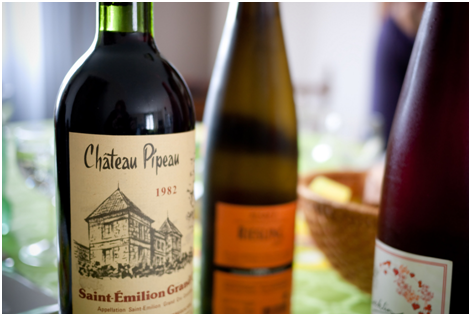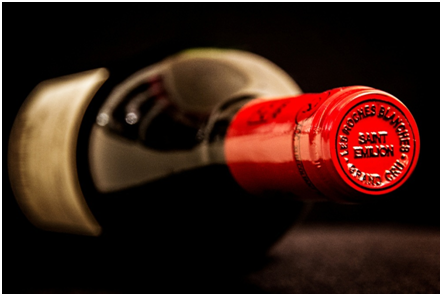Tips on How to Protect Yourself from Becoming a Victim of Wine Investment Fraud
 Fine wines have the potential of being low-risk, long-term investment types. Nonetheless, just like with any type of investment, rogue wine traders exist and their sole intent is to take advantage of others. Whether you’re a wine aficionado with little experience in this industry or an expert looking for a smart way of expanding your investment portfolio, this guide will help you protect yourself from scammers.
Fine wines have the potential of being low-risk, long-term investment types. Nonetheless, just like with any type of investment, rogue wine traders exist and their sole intent is to take advantage of others. Whether you’re a wine aficionado with little experience in this industry or an expert looking for a smart way of expanding your investment portfolio, this guide will help you protect yourself from scammers.
Select a dependable wine merchant
It’s fundamental that you find a reputable, honest merchant for your investment to reap financial benefits. A wine merchant with a successful track record is your best bet. If you’re looking to purchase en primeur wine – wine that has not yet been bottled– you might want to consult with a specialized company. Since wine en primeur is delivered after 3 years following a vintage wine, its chances of being exposed to fraudsters are highly increased.
Expertise & trading history
Trading fine wine is a lot more challenging than meets the eye. Before spending any money on a certain bottle of wine or case, perform a thorough research to make sure that the person/business/company with whom you’re about to do business is well-established and profitable. Never buy wine directly from someone that claims to have a collection of rare vintages; some scammers are really good at their “job” and they have the skills of turning a cheap bottle of wine into a top-tier product. After you’ve chosen a company, check to see if they have a physical office, too. Look for the location with Google street view, or better yet, pay them a visit.
Know the product you’re about to purchase
Before starting to spend substantial sums of money on fine wine, you might want to know more about the product you’re about to acquire. Thus, you’ll be certain that your investment is a sound, stable one. Only certain wine types have the potential to increase in value and they’re usually the most expensive. The fine wine industry can be incredibly tricky; it’s important to buy the right type at a competitive, correct market value.
Check the web for as much information as possible and analyze official wine blogs to compare prices. When in doubt, ask for guidance. It’s always better to stay safe than be sorry later on. Quality and provenance of the wine are also crucial aspects when investing. To avoid getting scammed, you are advised to know your product’s main origin point.
Condition & availability
Investors should be realistic; gather information about anything that could affect your product’s value. For instance, purchase wine in sealed cases, unmixed and in its original wooden boxes. If you sense any sign that the product has been repackaged, then you should cancel the purchase as you might be dealing with a scammer. As far as en primeur wines are concerned, you are not advised to buy before the price has been published. Dependable traders won’t attempt to sell en primeur before announcing a release price first.
Care for your investment
The way you manage and store your investment is vital to its prospect value. Even if you own a cellar, wine purchased for investment has to be stored in the best conditions. A merchant’s customer reserves or a bonded warehouse are your best choices. Wine held “in bond” means that the product is tax-free and VAT-free for as long as it remains in bond.
In terms of choosing a type of wine (or more) to invest in, you should first get to know the market. First growths are the best – Bordeaux, Burgundy, Lafite Rothschild, Champagne wines are the most well-known types. Many wine experts agree that fine wine can be an incredibly profitable investment, provided that the investor is patient and careful. Never buy directly from someone who claims to sell the best, rarest product.
Even the most experienced wine lovers can become victims of wine investment fraud. That’s why it’s so important to do business with authorized merchants. Liquid wines are the most appropriate if you’re new to this type of business. They have enough volume of supply and liquidity, as well as an established track record. Last but not least, investing in wine is a long-term endeavor that may bring substantial returns; to attain that goal, be prepared to wait between 5 and 10 years.
Category: Wine Investing






